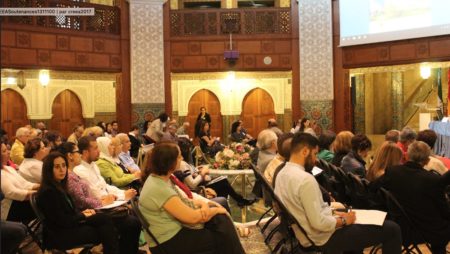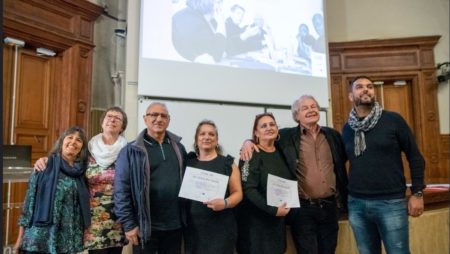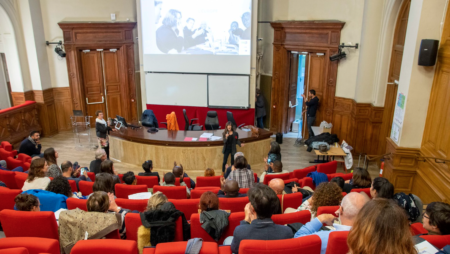Nos projets
L’UPEC (Université Populaire Européenne pour la production de Cas d’intervention en médiation) met à votre disposition un ensemble pédagogique pour la formation à la posture du médiateur.
L'UPEC est un projet Erasmus+ (Octobre 2022 / Juillet 2024) qui a produit cinq analyses de cas d'intervention de médiation sociale dans cinq pays européens, disponibles sous forme de vidéos accompagnés d'un kit pédagogique. Vous pouvez en disposez librement.
CreE.A MEM
Projet CreE.A_MEM de conception de mobilités européennes pour médiateurs par des « Tours d’Europe », pour un démarrage à l’automne 2023. Le dispositif doit correspondre aux contraintes de calendrier, aux cursus existants ou à créer des organismes de formation à la médiation et aux disponibilités des médiateurs.
LIMEdiat
Projet Erasmus LIMEDIAT. Il a pour objet la création d’une licence européenne de médiation, soumise à agrément auprès des instances nationales d’Espagne, de France, d’Italie et du Portugal.




